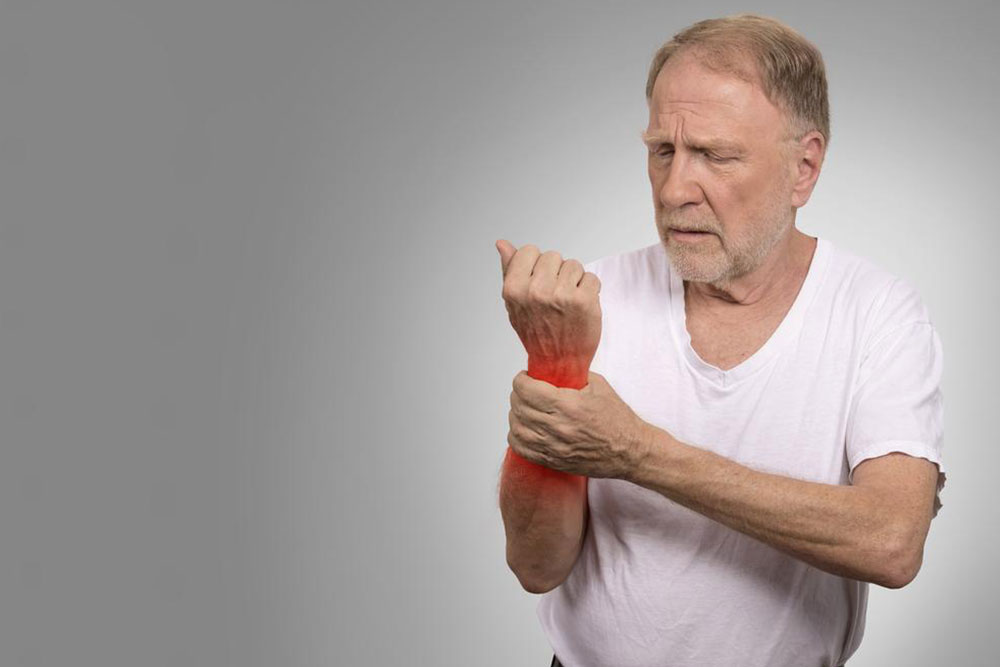Know The Causes And Symptoms Of Rheumatoid Arthritis
Rheumatoid Arthritis is an autoimmune disease in which the body’s immune system starts attacking the joints by mistake. This creates inflammation that causes the tissue that lines the joints (the synovium) to thicken, resulting in pain. Over time, there is a loss of cartilage, and the space between the joints becomes smaller.

Although doctors do know that the abnormal response of the immune system plays a leading role in the inflammation of the joints, the cause of Rheumatoid Arthritis is still not fully understood. No one knows for sure as to why the immune system goes haywire and starts attacking the joints mistaking it for a foreign body; but there is a scientific reason that genes, hormones, and environmental factors are all involved. Researchers have proved that people carrying a specific gene marker called the HLA have greater chances of developing Rheumatoid Arthritis. The HLA site controls immune responses. Some of the other genes connected to Rheumatoid Arthritis include:
- STAT4: a gene that plays an active role in the regulation of the immune system.
- TRAF1 & C5: both of these genes are relevant to chronic inflammation.
- PTPN22: a gene associated with both the development and progression of Rheumatoid Arthritis.
Yet not all people with these genes develop Rheumatoid Arthritis and not all people with the condition have these genes.
People may not see any swelling or redness of joints in the early stages of Rheumatoid Arthritis; they may just experience some tenderness and pain. The symptoms are clues to Rheumatoid Arthritis:
- joint pain, tenderness, swelling or stiffness for six weeks or longer.
- The stiffness of joints in the morning.
- Fatigue, loss of appetite and low-grade fever.
The symptoms of RA may come and go. A period of high disease activity is called a flare which can last for days or months.


